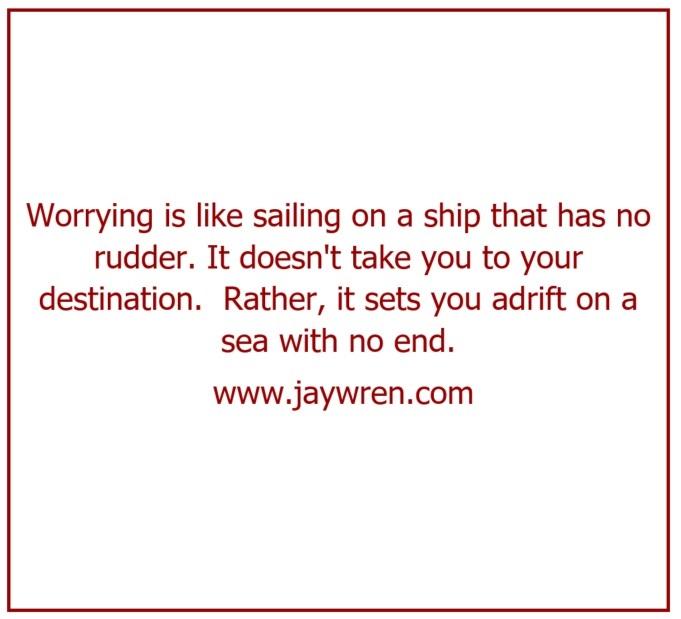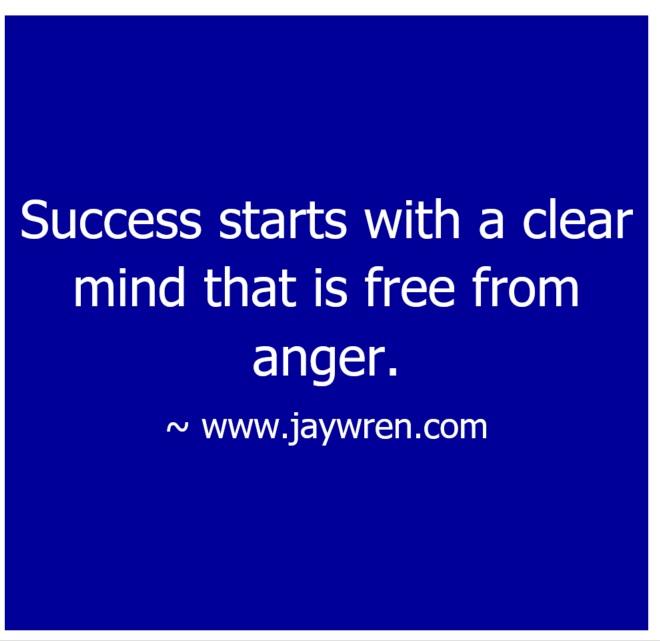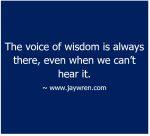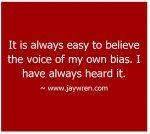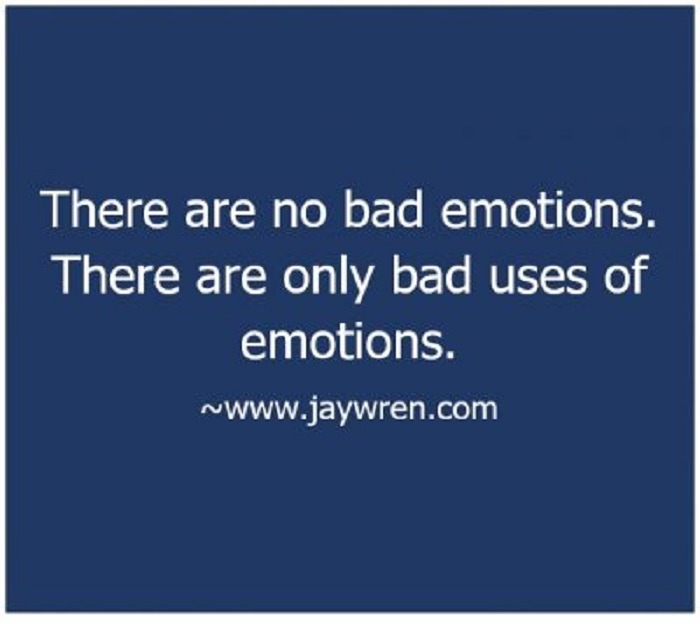Worrying: Fear is a healthy emotion. However, when we turn our fears over and over in our mind, we experience pain with no purpose.
Things That Worry Me
I am a risk taker. I stepped out of a secure career in the consumer products industry to start my own business. At the time, I had no formal training or experience in running a business.
Four years after starting my business, I decided to move from Houston to Sacramento. In making this move, I did not have any experience in moving a business. Furthermore, I didn’t even know of anyone who had made that kind of business move.
I was excited about the move, but I was anxious to get to my new home and get busy working again.
For my business to succeed, I continually had to develop new clients and fulfill the terms of my contracts. At any time, I could easily begin to worry about the outcomes of my work. Additionally, the relocation created a period of greater uncertainty.
My success always depended on the results of my efforts. However, focusing on the results instead of focusing on doing the things that had always made me successful was painful and pointless. For me, focusing on results just leads to worrying.
In most cases, I worried about failed outcomes of projects that were successful.
However, I wanted to reach out into the future and create certainty. But I couldn’t.
If my clients were puppets, I would have been able to end risks. I could control everything that everyone did. I would have been able to control results. However, my clients were not puppets. I could only control what I did.
Therefore, during the period of uncertainty from my moving my business, I also focused on building tools for managing worrying.
What Worrying Looks Like to Me
When I worry, I hook onto a scary thought. Then I roll the thought over in my mind. Instead of finding a solution, I end in a loop of scary thinking that has no ending until the scary event has passed. And sometimes, in long-term or permanent situations, those scary thoughts never pass.
Things that Worrying Does Do
Worrying is a thief. It freezes our minds and robs us of the ability to make the decisions that lead to success.
No amount of worrying is going to make problems go away. Furthermore, worrying about problems distracts us from finding solutions to our problems.
How I Deal with Worrying
Instead of focusing on what might happen in the future, I focus on doing excellent work today.
The future will happen. I can plan for it. Furthermore, I can do things that created success in the past. Beyond that, I can work with people who can help me focus on solutions and options that help me become more successful.
I can itemize the right steps to complete a project. Instead of worrying, I can focus on completing those steps and only think about the things that create success.
